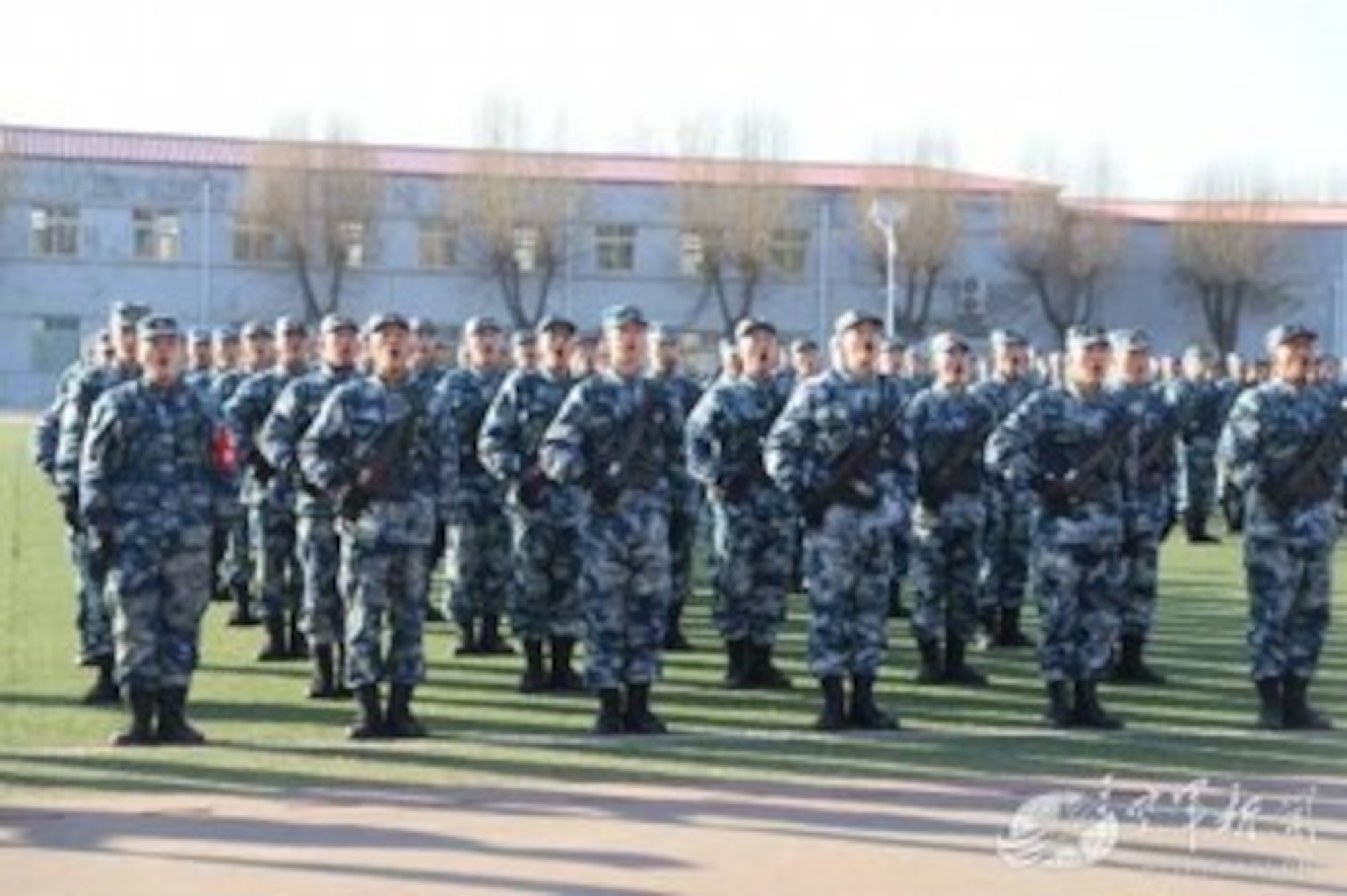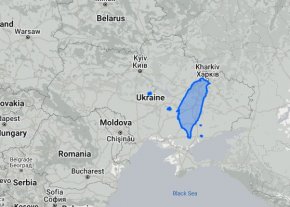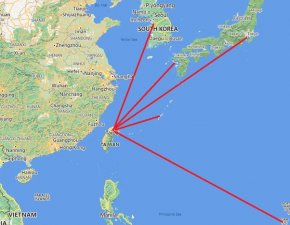- Thread Starter Thread Starter
- #341
Part 3 of 3: An unmanaged termite infested wooden framework of a defence plan pretending that it is fit for purpose
5. Kurt Campbell, the White House Indo-Pacific co-ordinator, and Laura Rosenberger, the top National Security Council China official, held a meeting on Taiwan with UK representatives in early Mar 2022, according to people familiar with the situation."The person added that the Biden administration was providing some allies with intelligence on Taiwan that was previously classified as “NOFORN” — a designation that bars information sharing with any foreign officials.
6. Taiwan’s Ministry of National Defense has announced a years-long delay for the delivery of U.S. howitzers, citing limited American production capacity, in a blow to the island democracy’s military upgrades. The earliest delivery date for these SPHs had to be postponed to after 2026. Beyond the lack of hardware issue, Taiwan has a mindset issue.
8. Ivan Kanapathy, former NSC Deputy Senior Director for Asia and US military attaché in Taipei also said: “The Ukraine situation is an opportunity to motivate and mobilize a population and legislature that have historically underestimated the risk and underinvested in Taiwan’s own security.” Any U.S. commitment to defend Taiwan would likely stall much-needed defence reforms in Taiwan, while having no real impact on Beijing’s invasion calculus.
9. There is a false narrative that Ukrainian Armed Forces (UAF) success is because of NATO training. While the UAF aspired to have a professional NCO corps it was very nascent. Nor was the exact role of these personnel consistent across formations given a lack of institutional culture. NATO training helped but not as much as it appears to be. UAF commanders kept rollerdexes of old comrades with specialist skills in areas like signals and logistics and when their unit was rotated into the JFO - for example - would call them up and issue short term contracts. The Ukrainian model has proven successful, but resembles Finland's approach more than the US. Americans should be cautious about telling Taiwanese about 'best practice' of Ukraine, especially if they don’t understand how rotten things are in the Taiwan reserve system.
5. Kurt Campbell, the White House Indo-Pacific co-ordinator, and Laura Rosenberger, the top National Security Council China official, held a meeting on Taiwan with UK representatives in early Mar 2022, according to people familiar with the situation."The person added that the Biden administration was providing some allies with intelligence on Taiwan that was previously classified as “NOFORN” — a designation that bars information sharing with any foreign officials.
6. Taiwan’s Ministry of National Defense has announced a years-long delay for the delivery of U.S. howitzers, citing limited American production capacity, in a blow to the island democracy’s military upgrades. The earliest delivery date for these SPHs had to be postponed to after 2026. Beyond the lack of hardware issue, Taiwan has a mindset issue.
(a) Dr. Col. (retired) Shen Ming-Shih explains Taiwan’s views on the Russian invasion of Ukraine and the potential lessons Taiwan may learn. In the pod cast, Dr. Shen explores what Taiwan’s defense community has learned and the inspiration Taiwan’s people have drawn from Ukraine. He says that unity among Taiwan’s people and political parties will be a critical factor in a conflict scenario — if you notice, he speaks the truth and it’s the lack of unity that is even more pressing than lack of weapons — keeping in mind that Taiwan's Legislative Yuan is notorious for brawling.
(b) Taiwan should study the Battle of Shusha and the 2nd Karabakh War – key lessons for military strategists, on why the defenders lost the war. The special operations forces that scaled the cliffs to the city, did very well and will serve as a text book for the PLA. While Dr. Shen knows a lot and we can learn from him, I caution that his mindset to modern war in an urban area is dated.
7. I suspect you are correct to point out that the usual dysfunctional intra and inter party factional politics have held up needed modernisation of these 6 toothless Taiwanese frigates, in the last 25 years.IIRC, the Kangdings were meant to be upgraded significantly, with Arabel radar among other things along with Aster 15. That was way before the indigenous solutions were ready. No one really know why it never took off. Maybe politics.
Even the planned upgrade of the Kangdings are limited. NCIST had built an AESA radar similar to the SMART-S, but I haven't seen it being mentioned in the current MLU programe.
(a) As you know, there is polarisation of political views in Taiwan, with DPP supporters calling KMT politicians traitors, when they are preaching caution. I am not sure if this approach of slandering the opposition party, is helpful in communicating resolve to China.
(b) IMO, Taiwan’s most momentous decisions still lie ahead, as the planet warms, China’s power grows, US leadership fades, and the population of China and Taiwan ages. It is unknown whether Tsai Ing-wen’s successor will convince the Taiwanese and the world that Taiwan is still capable of great things in a turbulent and uncertain future. While Taiwan contemplates its future, the PLA(N), as the world’s largest navy, gets a vote on outcomes.
8. Ivan Kanapathy, former NSC Deputy Senior Director for Asia and US military attaché in Taipei also said: “The Ukraine situation is an opportunity to motivate and mobilize a population and legislature that have historically underestimated the risk and underinvested in Taiwan’s own security.” Any U.S. commitment to defend Taiwan would likely stall much-needed defence reforms in Taiwan, while having no real impact on Beijing’s invasion calculus.
9. There is a false narrative that Ukrainian Armed Forces (UAF) success is because of NATO training. While the UAF aspired to have a professional NCO corps it was very nascent. Nor was the exact role of these personnel consistent across formations given a lack of institutional culture. NATO training helped but not as much as it appears to be. UAF commanders kept rollerdexes of old comrades with specialist skills in areas like signals and logistics and when their unit was rotated into the JFO - for example - would call them up and issue short term contracts. The Ukrainian model has proven successful, but resembles Finland's approach more than the US. Americans should be cautious about telling Taiwanese about 'best practice' of Ukraine, especially if they don’t understand how rotten things are in the Taiwan reserve system.
Last edited:





